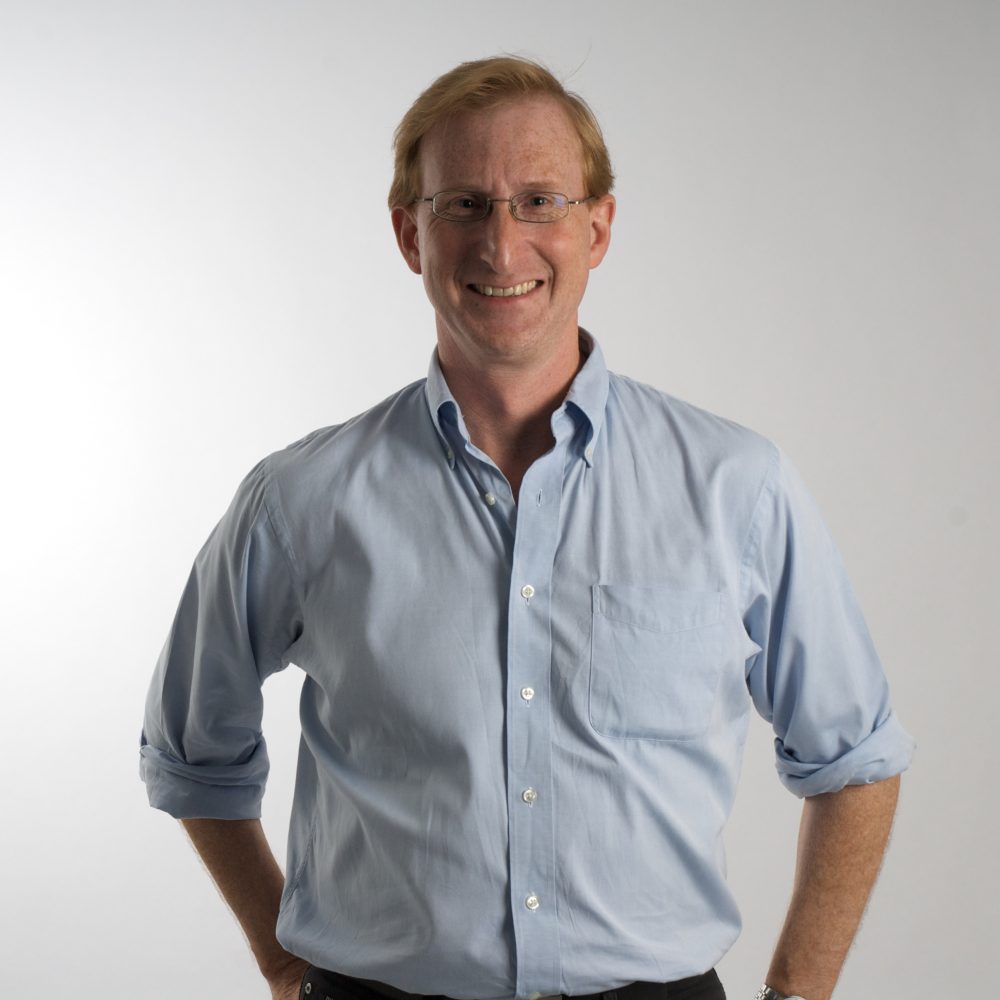AN ACADEMIC at a Scottish university has accepted a role to lead a $55m initiative aiming to create a “tissue time machine” to help eradicate deadly diseases.
Professor Jason Swedlow from the University of Dundee has been seconded to the position of Programme Director of Delta Tissue.
The project is a global effort to predict the future of human tissue and the efficacy of available treatments for those suffering from some of the deadliest diseases.
Professor Swedlow, Professor of Quantitative Cell Biology at Dundee’s School of Life Sciences will join the project that is funded by Wellcome Leap.

The firm is a non-profit organisation that builds and executes unconventional programmes aiming to tackle some of the world’s most challenging health problems.
In Delta Tissue, Professor Swedlow will be responsible for bringing together life scientists and engineers from across universities, foundations, and the private sector to develop a platform that can profile tissue states and predict transitions between states in ways that are impossible today.
Delta Tissue aims to build new, widely accessible platforms that allow doctors to predict how tissues will change in the future to enable them to intervene in the present – a tissue time machine.
The profiling of tissue relates to Professor Swedlow’s expertise in scientific imaging, data integration and advanced data analytics.
Professor Swedlow said, “I feel very honoured to have been named a Programme Director at Wellcome Leap.
“This is a very exciting organisation that aims to facilitate huge steps in capability and achievement beyond what had previously been imagined possible.
“They want to make the extraordinary advancements through transformative projects optimised for innovation.
“Our project will explore the problems arising from a lack of understanding of how likely a tissue is to transform into a new state.
“If you look at tuberculosis and breast cancer, they are both diseases of tissue states.
“What we are doing is mapping the tissue so we can look at it and accurately predict how an infection or tumour will develop.
“From there we can make decisions on which to treat and how to do it.
“This is critical because if we can understand how a particular tumour will respond to chemotherapy, we know whether this is effective or whether surgery is the better option for a patient.
“And this is even more important in the case of intractable tumours like triple-negative breast cancer or brain tumours.
“Understanding how tissues transition between states would enable medical professionals to make life-saving decisions based on an individual’s needs and make a huge difference across the world.”
Delta Tissue will require the integration of technologies that are typically expensive to buy and run, and require expert staff that are in short supply.
A goal of the programme is to fuel innovation and treatment by increasing accessibility of the platforms and tools to academic centres, start-ups, SMEs, the biopharma industry, and ultimately to clinicians and patients for diagnostic use.
CEO of Leap Regina E. Dugan, said “If successful, the platform will allow medical professionals to intervene in diseases earlier and with approaches that are individually targeted, while also helping researchers understand the mechanisms that drive disease itself”.
“This, in turn, will create new opportunities for intervention that could help eradicate many of the stubbornly challenging diseases around the world.”

